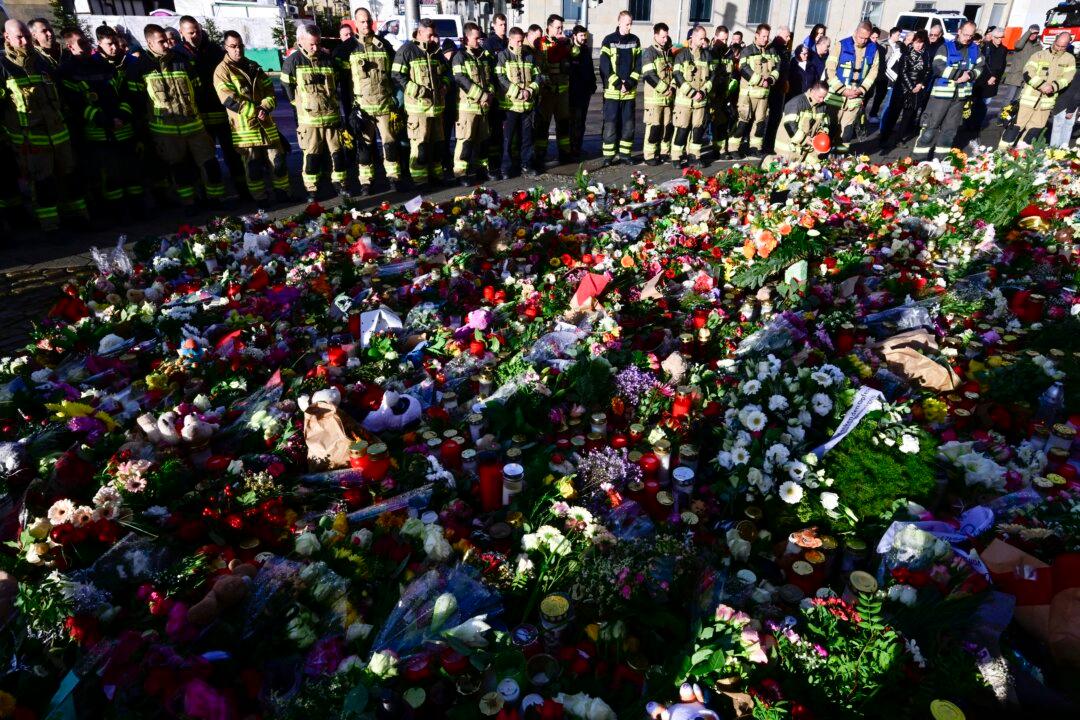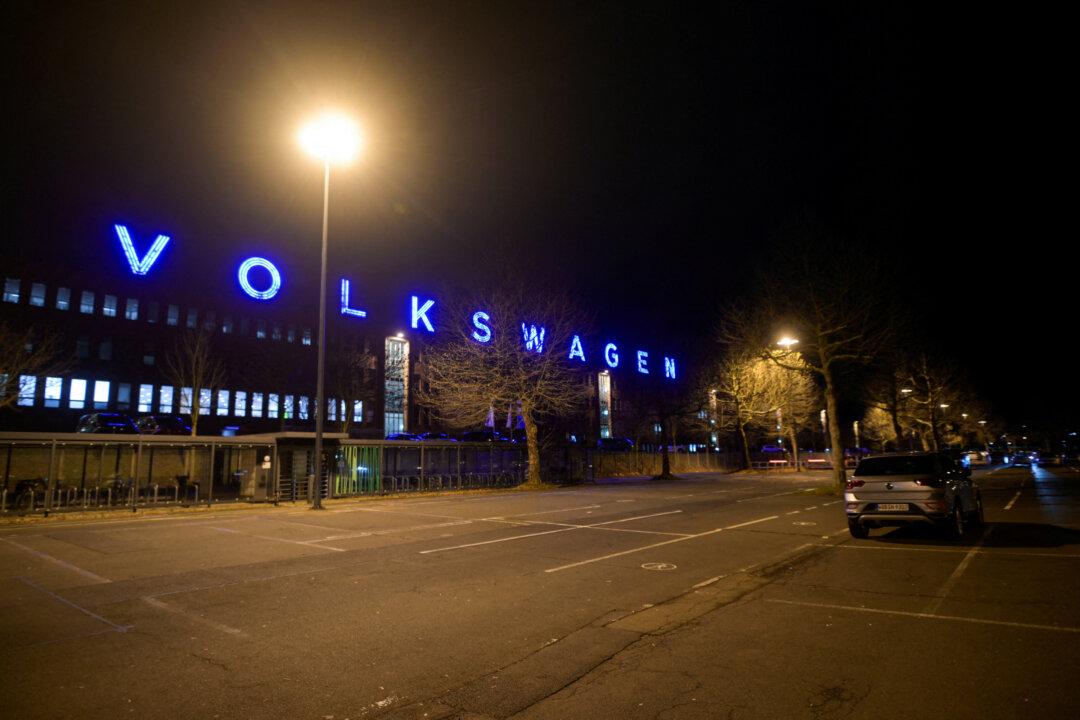HONG KONG—Hong Kong’s retail sales climbed for the seventh straight month in August, helped by a stabilising COVID-19 situation, an improved labour market, and economic recovery and thanks to a boost from a consumption voucher scheme (CVS).
Retail sales in August rose 11.9 percent from a year earlier to HK$28.6 billion ($3.67 billion), government data showed on Thursday. August’s increase compared with a revised 2.8 percent growth in July.
“The CVS should continue to bode well for local consumption sentiment in the rest of the year,” a government spokesman said, referring to electronic vouchers given to certain consumers to spend in shops.
In volume terms, retail sales in August grew 10.6 percent from a year earlier compared with a revised 0.7 percent surge the previous month.
For the first eight months of 2021, total retail sales increased 8.1 percent in value terms and rose 6.8 percent in volume.
Online retail sales in August jumped 16.5 percent in value year-on-year compared with a revised growth of 28.8 percent in July.
Sales of jewellery, watches, clocks, and valuable gifts, which before the pandemic relied heavily on tourists from the mainland, climbed 28 percent in August versus a revised 26.3 percent surge in July, the data showed.
Clothing, footwear, and allied products rose 40.1 percent in August against a revised 30.9 percent growth in July.
Tourist arrivals in August soared 143 percent from a year earlier to 10,811 after three straight months of decline. That compared with a 57.9 percent drop in July.
“Keeping the epidemic under control remains pivotal to a full-fledged recovery of the retail sector and the overall economy,” the spokesman said, adding it was essential to strive towards more widespread coronavirus vaccinations.
The city’s economy grew 7.6 percent in the second quarter from a COVID-induced slump a year earlier and the government upgraded its growth forecast for 2021 to 5.5 percent–6.5 percent from 3.5 percent–5.5 percent.
Seasonally adjusted unemployment rate slipped to 4.7 percent in the June-August quarter, the lowest since January-March period in 2020.





